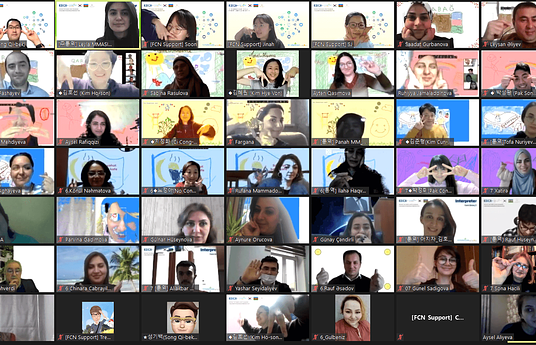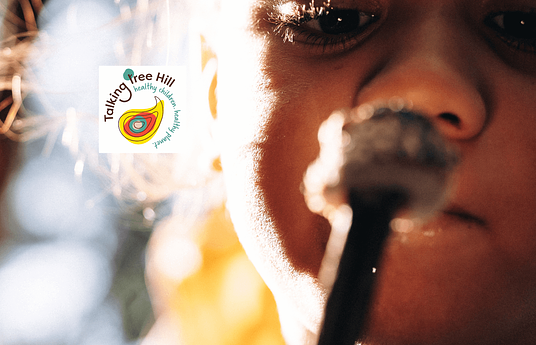We created the Amala Global Secondary Diploma because millions of young people affected by conflict and displacement are denied the chance to complete their secondary education—despite having the talent, drive, and ambition to do so. Traditional education systems too often overlook or exclude refugee youth, especially those who are older than the typical school age or have had their education interrupted for years. Without a recognised qualification, their access to higher education, dignified work, or the chance to contribute meaningfully to their communities is severely limited.
Amala was founded on the belief that education is not only a fundamental right, but a powerful tool for rebuilding lives and shaping more just, compassionate societies. From the beginning, we have worked alongside refugee youth to design a programme that reflects their realities, priorities, and aspirations. The result is the Global Secondary Diploma: a flexible, internationally accredited qualification that is both rigorous and relevant.
We designed the GSD to meet students where they are, with content that speaks to the challenges they face and the leadership roles they want to take on. It is built to be delivered in communities where formal systems fall short—and it is led by educators from those same communities, ensuring it is rooted in local context and ownership. Ultimately, we created this innovation to reimagine what’s possible when refugee youth have access to the education they deserve.
In practice, the Amala Global Secondary Diploma (GSD) is a 15-month, flexible and accredited upper-secondary education programme delivered in refugee and conflict-affected communities. Designed for learners aged 16–25 who have been unable to complete secondary education, the GSD combines rigorous academics with a focus on real-world competencies and personal development.
We run dedicated learning centres in Jordan and Kenya, where classes are facilitated by Amala-trained educators—many of whom are refugees themselves. These educators are supported through our bespoke, on-the-job Educator Development Programme, designed specifically for education in emergency settings. It equips them not just to teach, but to guide and mentor students in transformative ways.
Students engage in 20 hours of learning per week across 10 interdisciplinary “Changemaker Courses,” a Personal Interest Project, and a tailored Pathways Advising programme. Assessment is portfolio-based, allowing students to demonstrate mastery of 47 key competencies.
We are now expanding access by authorising mission-aligned organisations to deliver the GSD independently. Our first pilot is underway with a refugee-led partner in Kalobeyei Refugee Settlement in Kenya—marking a major step in bringing quality, accredited secondary education to more communities in need.
The Amala Global Secondary Diploma has been steadily expanding since its launch. We operate learning centres in Kenya and Jordan, reaching more students each year—doubling enrolment in Jordan in 2025 alone. In response to urgent need, we recently launched an online version of the programme for girls in Afghanistan who are denied access to education. To scale further, we’ve begun authorising trusted partners to run the GSD themselves. Our first pilot is now underway with Ki4Bli, a refugee-led organisation in Kalobeyei Refugee Settlement, Kenya. Partners deliver the programme using our quality assurance framework, aligned with our international accreditation standards, ensuring that their students graduate with the same recognised qualification. This approach allows us to maintain programme quality while expanding access to accredited, transformative secondary education for refugee and conflict-affected youth worldwide.
Since launching the Global Secondary Diploma, we’ve made key additions that have significantly strengthened its impact and scalability. In 2024, we achieved international accreditation from two of the world’s most respected accrediting bodies—CIS and NEASC—ensuring global recognition of our students’ qualifications. We’ve also introduced tailored pathways support, helping students map out and pursue opportunities in higher education, employment, or entrepreneurship. To support scale, we developed a rigorous partner authorisation process, enabling trusted organisations to deliver the GSD while maintaining quality through our accreditation-linked Quality Assurance Framework. We also launched a bespoke, on-the-job Educator Development Programme tailored to crisis-affected settings, ensuring that our educators—often refugees themselves—are equipped to deliver transformative, high-quality learning. These additions allow us to maintain excellence while expanding access to education for refugee and conflict-affected youth globally.
If you're interested in delivering the Amala Global Secondary Diploma, the first step is to express your interest by completing a short form and connecting with our team. We’ll then guide you through a structured three-phase authorisation process. In Phase 1, we get to know each other through meetings, a self-assessment, and a review of key documents that demonstrate your readiness and alignment with Amala’s values. If we’re a good fit, you’ll sign an initial agreement and move to Phase 2, where you’ll submit a detailed implementation plan and begin educator training. Your team will be supported through our bespoke training programme, designed for educators in emergency contexts, and we’ll conduct visits to observe and support your progress. Once your team is ready and all criteria are met, we’ll sign a formal partnership agreement and you’ll be authorised to deliver the GSD. From there, we’ll work together on continuous quality improvement using our Quality Assurance Framework—ensuring your programme meets international accreditation standards and maintains the transformative learning experience Amala is known for.



